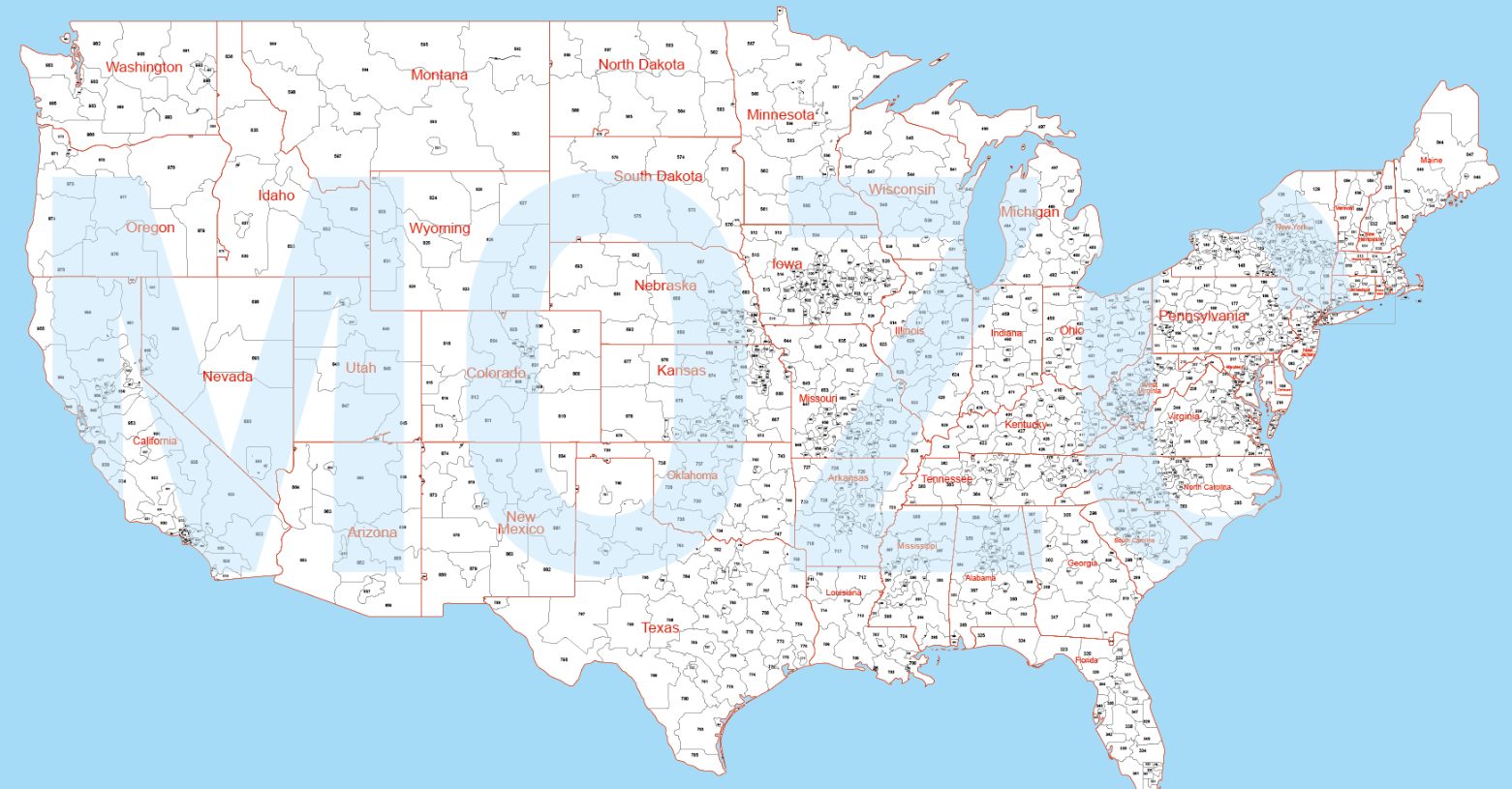In our increasingly interconnected world, mail and package delivery systems are crucial for both personal and commercial purposes. A key component of these systems is the postal code or zip code, a series of numbers or alphanumeric characters that help pinpoint specific locations for efficient mail sorting and delivery.
This comprehensive article explores the fascinating world of zip codes around the world, delving into their history, formats, and significance in various countries.
Contents
The Genesis of Zip Codes
Zip codes trace their origins to the mid-20th century, a period of rapid urbanization and expansion of postal services. The sheer volume of mail and packages necessitated a more efficient system for sorting and routing.
- United States: The United States Postal Service (USPS) introduced the Zone Improvement Plan (ZIP) code in 1963. The initial five-digit code was designed to streamline mail sorting and reduce delivery times. It quickly became an integral part of the American postal system.
- United Kingdom: The United Kingdom adopted postal codes in the late 1950s and early 1960s. These codes, known as postcodes, consist of alphanumeric characters that designate specific areas within the country.
- Other Countries: Many other countries followed suit, implementing their versions of zip codes to enhance their postal systems’ efficiency.
Zip Code Formats Around the World
Zip codes exhibit remarkable diversity in their formats across different countries.
- Numeric Codes: Many countries employ purely numeric zip codes, such as the five-digit codes in the United States and the six-digit codes in Canada.
- Alphanumeric Codes: Other countries utilize alphanumeric codes, combining numbers and letters. The United Kingdom’s postcodes, for instance, include both letters and numbers.
- Variable Length Codes: Some countries have variable-length zip codes, where the number of characters varies depending on the location’s specificity.
The Significance of Zip Codes
Zip codes play a pivotal role in modern postal systems, facilitating efficient mail sorting, routing, and delivery.
- Efficient Mail Sorting: Zip codes enable postal services to quickly sort mail and packages based on their destinations, streamlining the delivery process.
- Accurate Delivery: They ensure that mail and packages reach their intended recipients accurately, minimizing errors and delays.
- Logistics and Planning: Businesses and organizations rely on zip codes for logistics, marketing, and planning purposes. They use them to analyze demographics, target specific areas, and optimize their operations.
Zip Codes in the Digital Age
In the digital age, zip codes have expanded beyond their traditional role in mail delivery.
- E-commerce: E-commerce platforms utilize zip codes to calculate shipping costs, estimate delivery times, and track packages.
- Location-Based Services: Zip codes are integral to location-based services, such as maps, navigation apps, and local business directories.
- Data Analysis: They are valuable data points for various analyses, including demographic studies, market research, and urban planning.
Challenges and Future of Zip Codes
While zip codes remain indispensable, they face some challenges in the evolving world.
- Urbanization and Population Growth: Rapid urbanization and population growth can strain existing zip code systems, necessitating adjustments and expansions.
- Technological Advancements: The rise of e-commerce and digital communication may influence the future role of zip codes.
Despite these challenges, zip codes are likely to remain crucial for the foreseeable future. Their adaptability and integration with digital technologies ensure their continued relevance in an increasingly interconnected world.
Conclusion
Zip codes are an essential part of the global postal infrastructure. Their ability to pinpoint locations accurately and efficiently has revolutionized mail and package delivery. As the world becomes more interconnected and digital, the role of zip codes continues to evolve, adapting to new technologies and applications.
From their humble beginnings as a tool for mail sorting to their current use in e-commerce, location-based services, and data analysis, zip codes have come a long way. They remain a testament to human ingenuity and our quest for efficiency and accuracy in communication and logistics.
As we move forward, zip codes will undoubtedly continue to play a vital role in our interconnected world, connecting people and businesses across borders and facilitating the seamless flow of information and goods.
Read More: Zip Code Beginning: A Comprehensive Guide to Understanding and Utilizing Zip Codes







